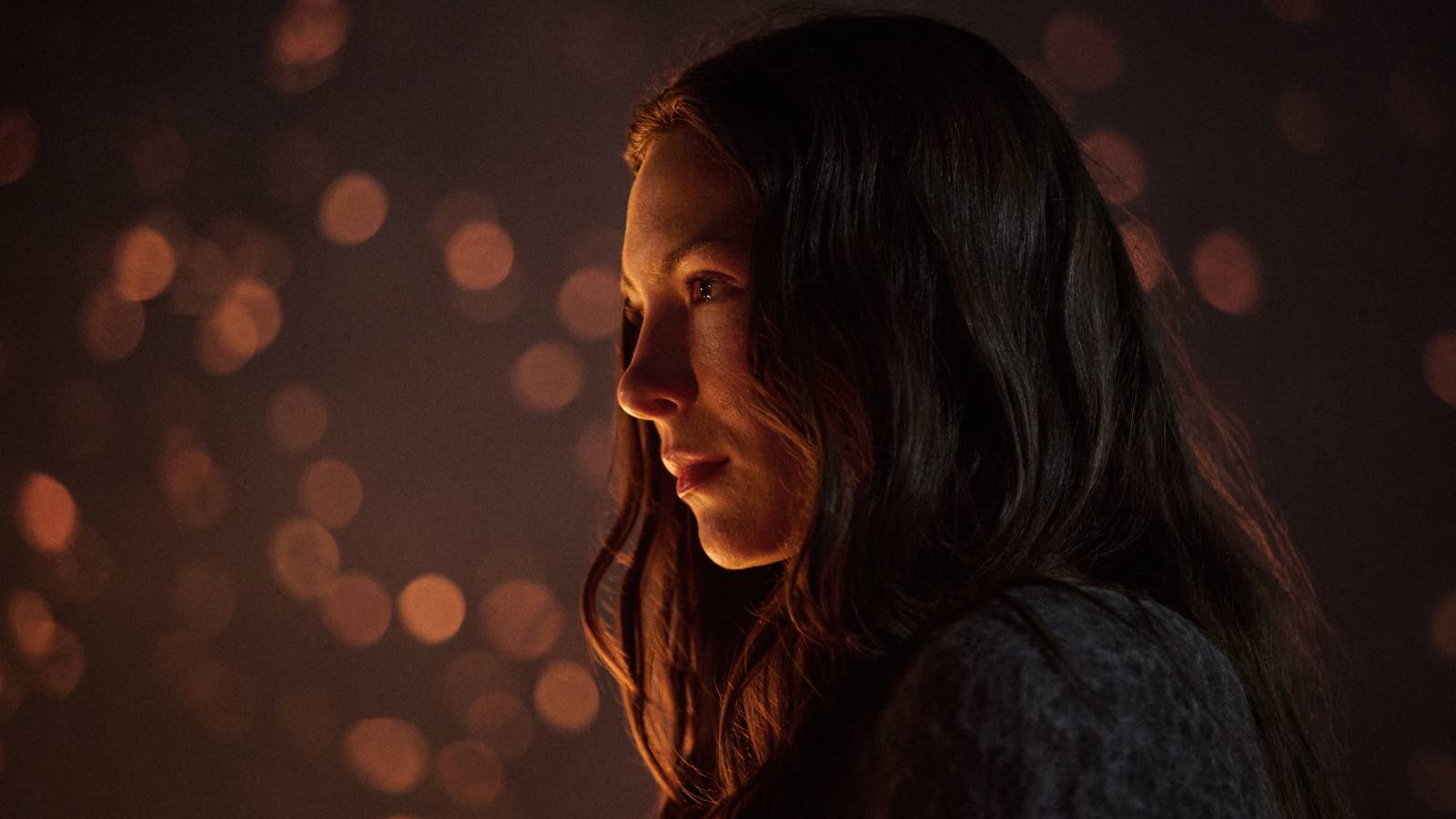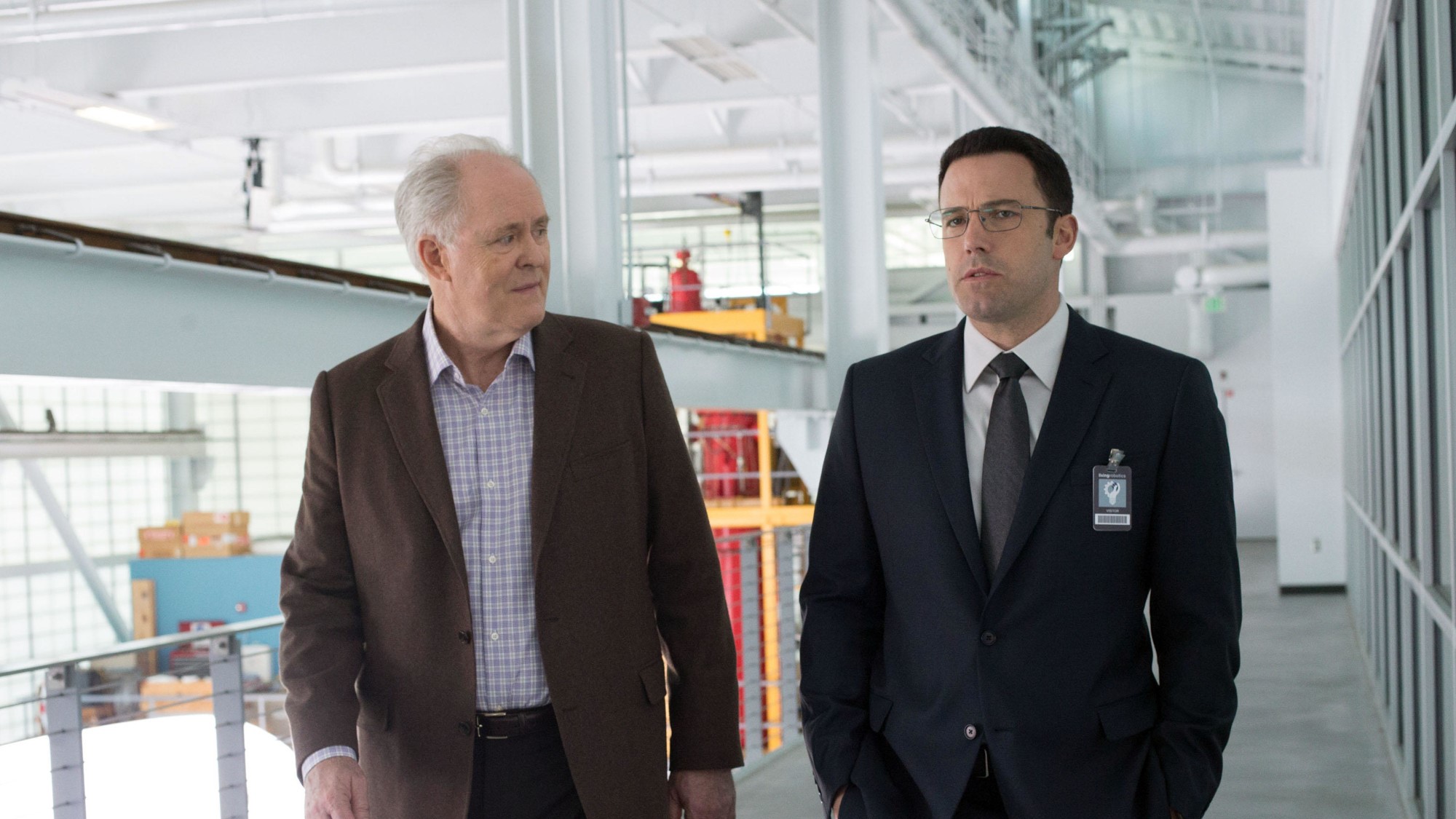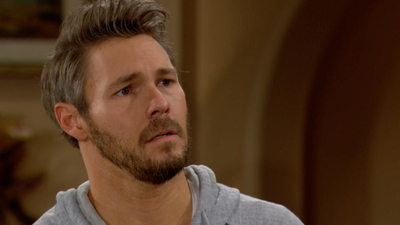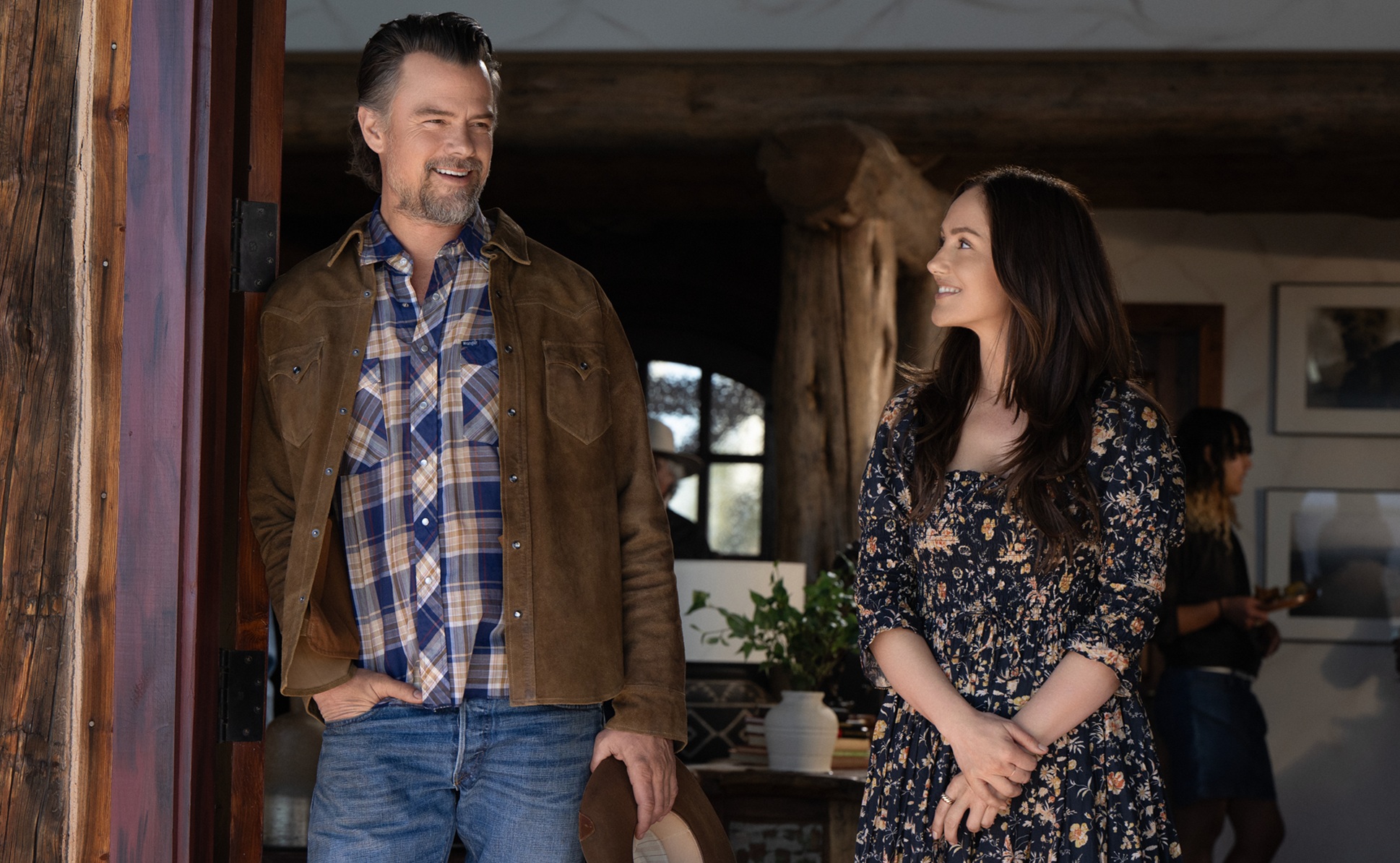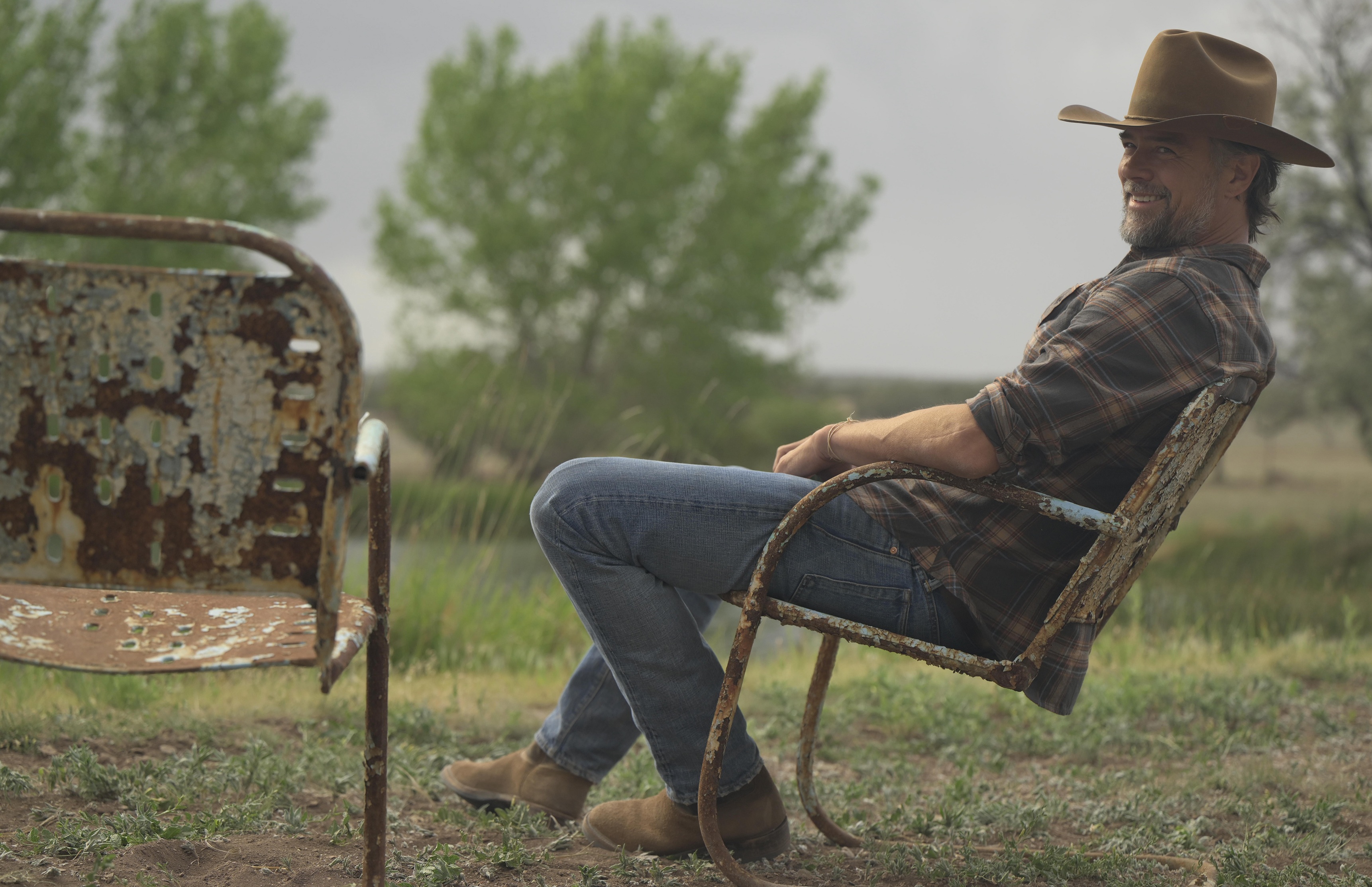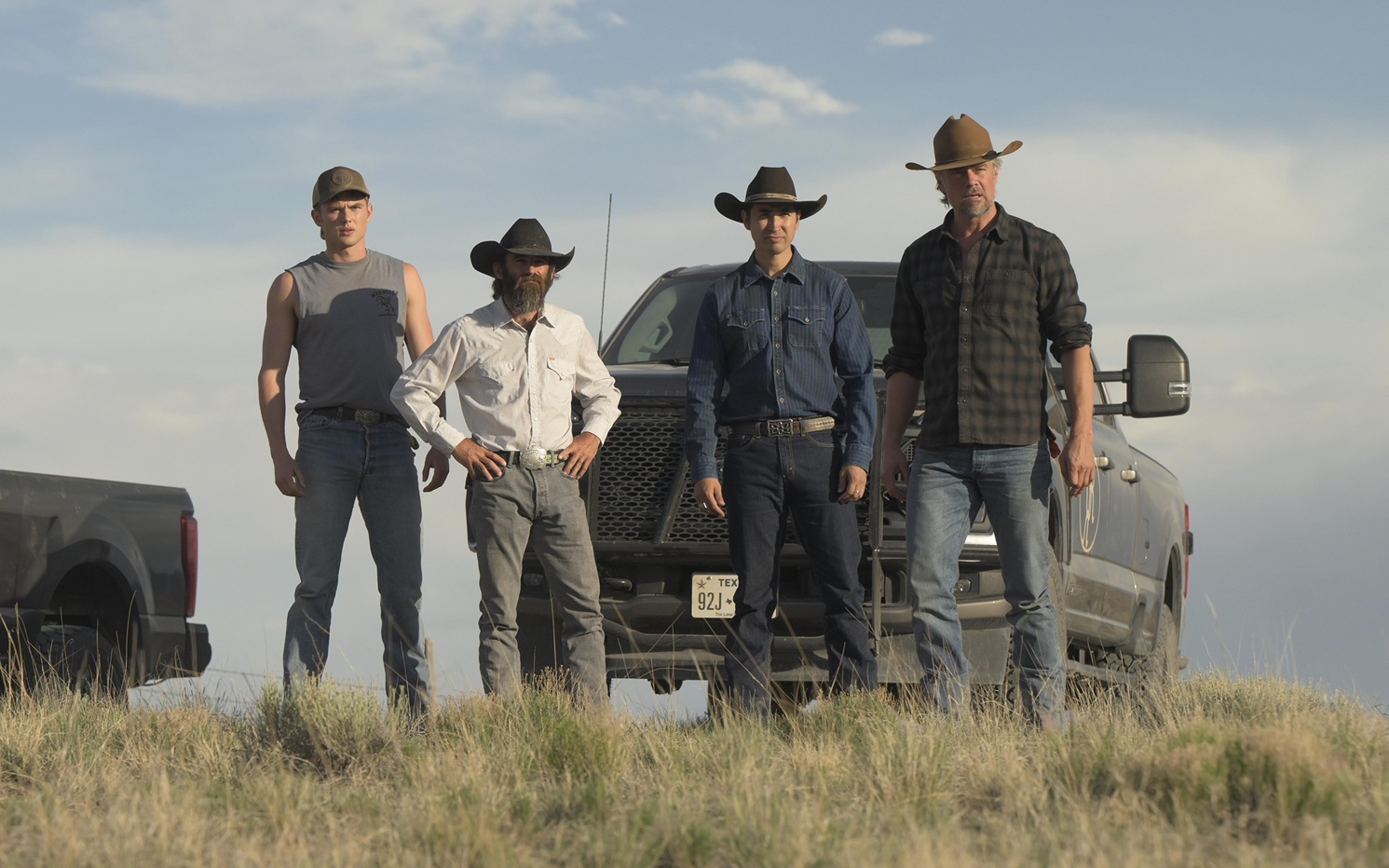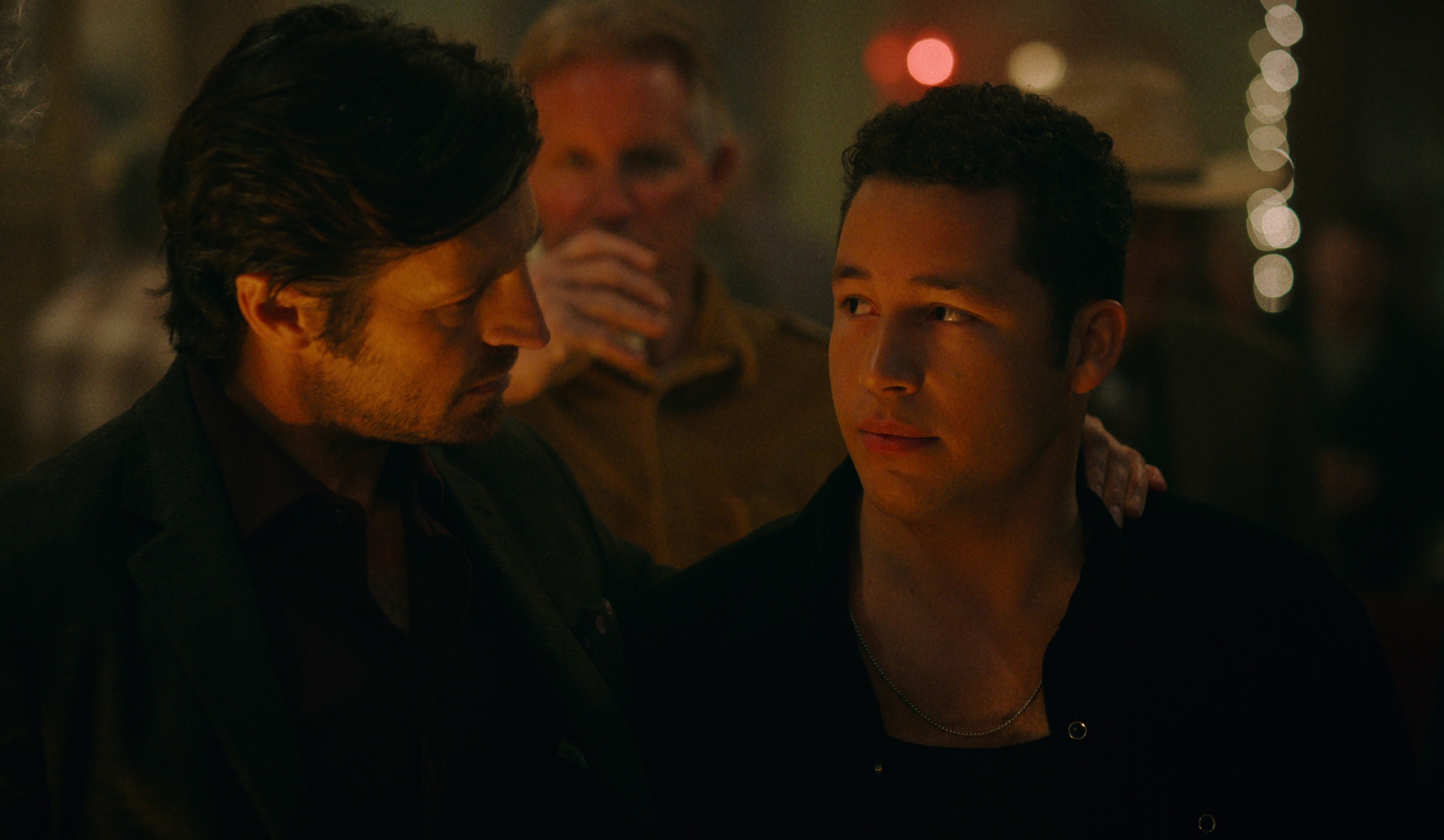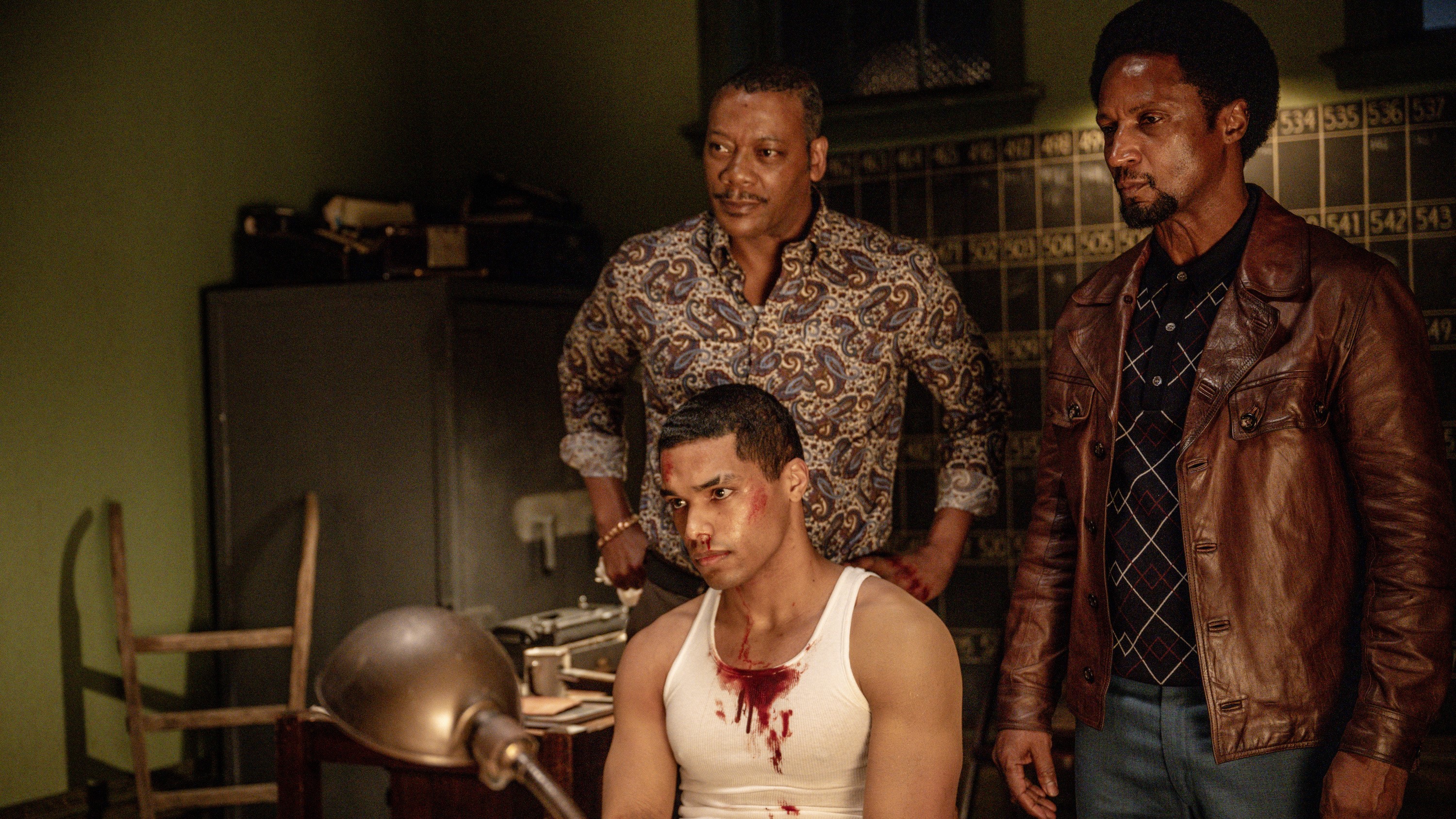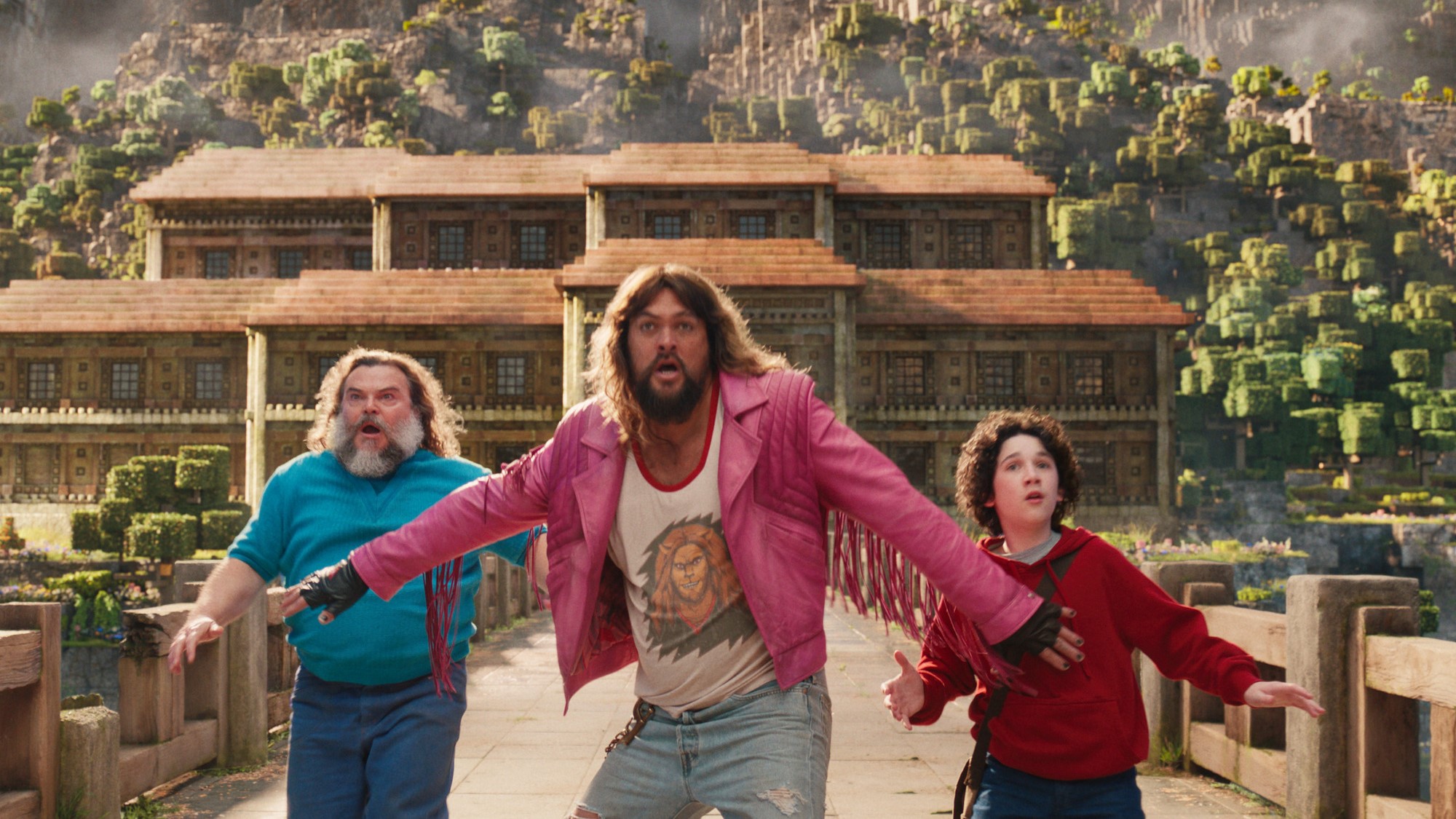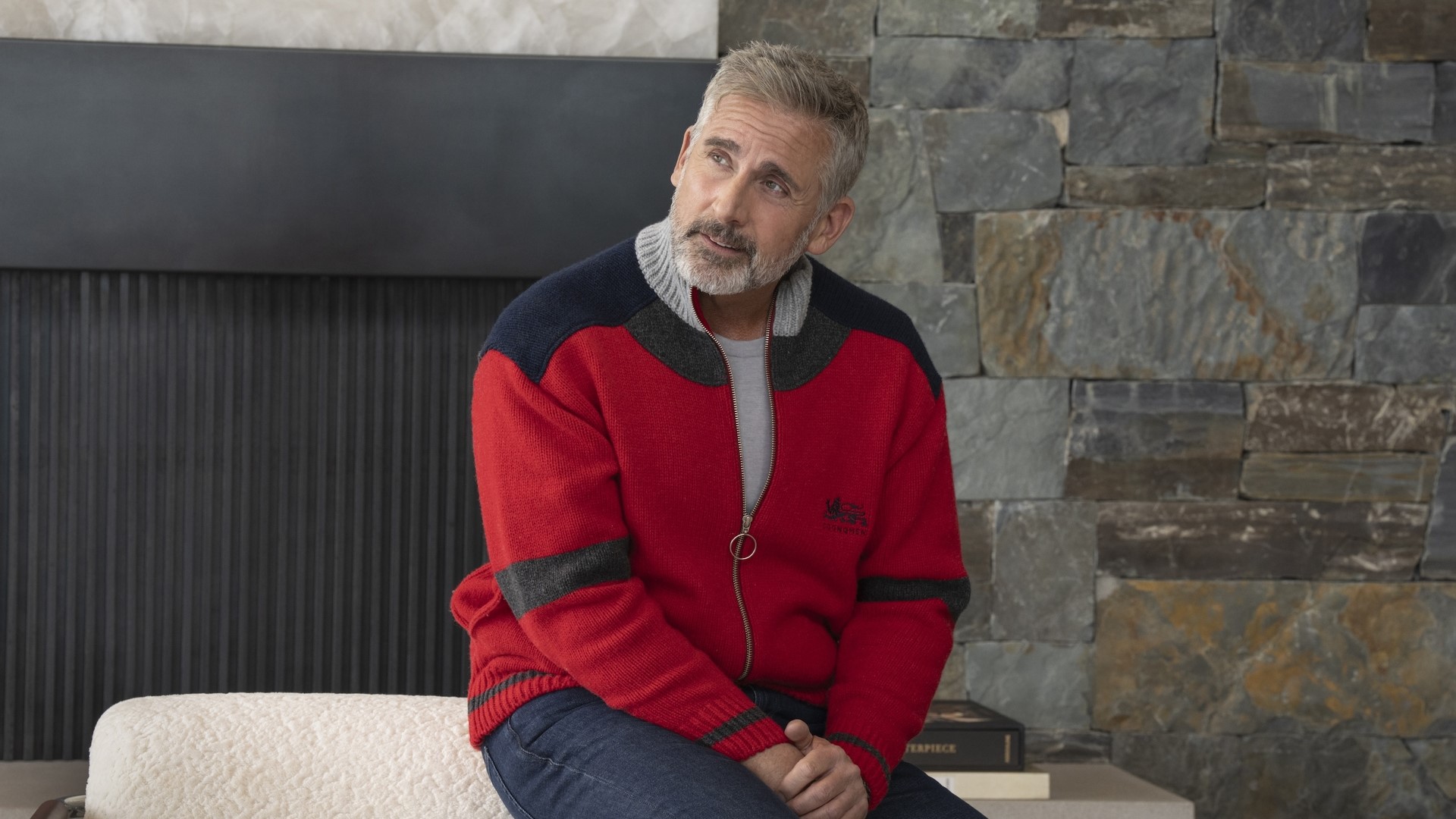‘Dave’ Season 2: Lil Dicky and crew break down how Dave is the hero and villain of his own story
The cast and crew of 'Dave' discusses how they created incisive but sensitive humor exploring his personal and professional worlds in Season 2.

At a rightfully sensitive moment in American popular culture, FXX’s Dave became an unlikely hit: inspired by the life of real-life rapper and comedian Lil Dicky aka Dave Burd, the show’s depiction of music industry ins and outs for a white artist in a black space explored that dynamic with spectacular insight, humanity and humor, earning the network its highest ever ratings for a comedy. With Season 2 premiering June 16, expectations are higher than ever — not just from the suits at the network, but for Burd’s onscreen alter ego, who signed a lucrative contract within the show for his first album within but thus far has delivered nothing but a lot of empty promises and entitlement.
What To Watch recently joined other members of the press for a conference with Burd, the cast and the producers of the show, who discussed the way that they navigate some frequently sensitive subject matter — if not with grace, then at least with laughter at Lil Dicky’s expense. In addition to talking about the character’s arc, Burd and his collaborators reflected on his extremely detailed involvement in almost every aspect of the show, but also the increasingly diverse and inclusive atmosphere behind the scenes that enables them to explore topics and make jokes that other shows might not dare.
Dave, you've often discussed how your original career ambitions were to be a comedian, but the show has this deep reservoir of self-reflection and often sad and alienating moments as well. Do you think it's necessary to embrace the darker elements of life for not only perspective and balance, but also authenticity in this show?
Dave Burd: Well, I don't actively sit around and think I really want to embrace the darker elements of life. I just think authenticity is the word that stuck out to me — that everything is better when it's real and it's more specific and it's authentic. So, I don't think I make an effort to balance emotion with comedy. I just kind of try to have a perspective of what life is like. If you were around me all day, I would try to make you laugh the entire time, but also, I'm sure we would have some genuine, real conversations too. So, I just think the better version of any content, but especially this show, is one that is more all-encompassing because if characters weren't fleshed out real people who had significant thoughts and worries and fears, it would just be a bunch of silliness, and you wouldn't really care about the outcome.
How did you guys set the tone for Season 2? Dave obviously has a number of lessons that he still needs to learn, but what balance did you strike between him taking some well-deserved L's like in the first episode, and the audience also getting to see him enjoy a few victories?
Jeff Schaffer (Executive Producer, Cowriter): In Season 1, Dave put a lot of pressure on himself, and he sort of had to because no one else believed in him at all. In Season 2, there's external pressure as well. You've got a label going, "All right, big boy, where's the album?" Plus, now there's all of this internal pressure of Dave going, "Where's the album?" So we wanted to ramp up the pressure on Dave, but we also wanted to explore what this little bit of success did to everybody here because, in Season 2, a lot of the safety net is falling away. Elz is getting his own success. GaTa wants to record his own stuff. Ally is not there as his support vehicle all the time now. What does that do to Dave? When all of this pressure is mounting on him, at the same time he's losing a lot of his support.
The first season did a really exceptional job of really putting him under the microscope and examining cultural appropriation. What kind of inclusivity stopgaps did the production or staff impose to ensure that Dave learns about his position and responsibility in this community without the show inadvertently either using, exploiting, or maybe making fun of something that it shouldn't?
Get the What to Watch Newsletter
The latest updates, reviews and unmissable series to watch and more!
Saladin K. Patterson (Executive Producer, Cowriter): All of us collectively, but Dave made it the top priority to make sure the writers' room really represented the world that we live in because it's so important to these stories there's truth and starting with truth to gain the trust in the audience to then allow the audience to go on these wild rides. So I wish you could see a picture of our writing staff. As diverse as this group is right here, our writing staff was probably even more diverse. So, when those conversations would come up that the stories are based on, we had people who could chime in but really chime in from their own personal experiences. And I give Dave and Jeff and everyone a lot of credit for making sure that all of our stories were informed by people's real life, personal experiences so we could start with truth and then, from there, build upon it. But as long as we had that touched on the truth to start with, we didn't have to worry so much about crossing the line because we could always fall back on what really happened.
Schaffer: For instance, when we are doing stories about Emma and her past and how she got to be the person she is now versus the person she was when she and Dave first worked together at an ad agency, there's a lot of stuff we drew from our writers. Eliza Shin and Lee Sung Jin, who were telling these stories of things they had gone through as Asian Americans working their way up in whatever business it was and even this business. And so just the same way that Dave's stories are very personal to him, we wanted to make sure, in the writers' room, we spent a lot of time making sure that when we are writing about characters who don't also exist in the real world, they feel just as personal because most of the time they are, they did really happen.
Christine Ko (actress, "Emma"): With the directors as well, there was an episode where we talked about some things that would happen with Emma and some of the microaggressions that I face as an Asian American. And what was nice was we had three Asian American writers on set and an Asian American director, and that's the first time I've ever experienced that in working in the industry in the last 11 years. So, I found that as a safe space because I feel like there's not one writer telling you what is appropriate for all Asian Americans. It's actually more of a conversation. And everybody's experience is different, but now that we have so many voices, you just have a more authentic representation.
Schaffer: I also think one of the things about the show is that Dave is able to be the hero and the villain of his own story, right? You want to root for him, but he's also getting in his own way. And I think that first episode is a great example of that he's got a wrongheaded perspective on many levels, and by the end of it, he's learning a little bit that he was wrong.
Are there any personal or professional fantasies that you fulfilled on Dave, like meeting a celebrity crush you've had or reliving moments from the past that you wish you could change?
Burd: Yeah. I've always wanted to meet Young Thug, and I met him when he came to the set to shoot Season 1. I feel like you can ask any of these people, they've probably never seen me happier than I was that day when he came to shoot. And Kareem Abdul Jabbar, what a man. Even when he says, like, "Hey, Dave where's the bathroom?" In real life, I get the goosebumps that he's even referring to me by my name. So, Kareem, just being around him for three full shoot days, at first I didn't know him, and by the end, he brought me gifts, and he was so sweet. He is the sweetest man. The guy has just so many life experiences, and he's done so many things in his life beyond being the leading scorer in NBA history. I'm such a massive basketball fan. So, there's that too. And I just think he's such a legendary guy. I felt truly honored to be sharing scenes with him.
The show is a semi-autobiographical portrayal of your life and your career. Has it been difficult for you to separate your real life career from the Dave of the show?
Burd: No, it hasn't been difficult. It is autobiographical, but there's also so many different things in the character, in the plot. So it's difficult sharing the most inner personal information on national television; but it's actually not difficult because it's liberating, because I feel like if I share the information then I'm an open book.
Is it as tough for you to get out of your own way creatively in real life as it is for your on screen alter ego?
Burd: I don't think that there's added challenges to the fact that I'm working on a show about a guy working. I don't think that adds drama, but I think there is a lot of truth of the overintellectualizing of the artistic process and splitting myself into pieces. I'm hoping that the more I make this show, the more I can maybe learn about how to better approach making art sometimes. But I definitely there's a lot of overlap, but I also think I'm thriving too. So I don't know that I would change my process… there's no way this show would be as great as it was if I didn't turn over every stone and really work my ass off at every single moment; but at the same time, it's also exhausting, and you've got to live your life to be able to have a show to even talk about. So, it's a chicken and egg thing and a catch-22.
Schaffer: I will say this: Dave is not just happy to be here. You are demanding of all of us, which is great. You are demanding of yourself, which is great. It creates a lot of pressure, and it actually was some of the fuel for this season because we are really taking a look at creativity this year. And we are talking about the other perverse organ of Dave Burd, which is his mind and how does he make things? And how does he make things under pressure? Which leads you to sort of look into yourself. His creative struggles and how he wants to attack them, either technically or scientifically or logically or just finally emotionally, actually gave us a great season arc.
For Dave and the executive producers, what is the line for weirdness? Are there any lines you won't cross?
Burd: I'm sure there is, but, man, it's pretty far. I have a lot of faith in my own moral compass, and as insensitive as the art can sometimes appear, I feel like I'm a pretty sensitive person. I actually don't like offending people for the sake of offending people. That's not something I take joy in at all. But I believe in the art of the joke, I believe in comedy, and I don't know if I have a word for my sense of humor, but I think, like, the craziest thing is the funniest thing. So, I think there is a line, but I don't think we've faced it.
Schaffer: I used to joke that I know where the line is — I can look back and see it. With this, nothing is off limits. Any subject should be available to talk about. It's just the execution. It's how you do it. And I think what the show does great is it gets people laughing. It also gets people thinking — like within seconds — and I think the reason it does that is because so much of the crazy stuff and so many of the weird stories or funny things are so personal. And I think that's one of the things we learned from Season 1 is the way to talk about things that are important wasn't to get general and stand on a soapbox. It was to get super, super, super specific to one person, to one person, to one person, to one person. And the more specific you got, the more globally people accepted it.
Burd: I really have so many smart writers and people around this show that have various perspectives and opinions, and I'm very interested in hearing everyone's thoughts. So, if there was a line, I wouldn't be able to cross it because I would hear from all of these people. I would hear that it's not funny for this reason, and I would probably agree because that's just the logical thing to do.
Dave, it's clear that you have a strong vision for the show on a variety of levels. Did you ever find it difficult to give up control of certain elements of production?
Burd: I haven't done that yet. I have such an opinion about every single little detail, which is fortunate because I think it makes sure that everything is the way it is, and that's why it does seem very clear that there's a particular vision behind the show. But it's unfortunate because it is exhausting. Even right now, I'm working seven days a week until like 2 a.m., doing the score. There's not a single element from editing to directing to writing to the music that I'm not really all in on. And I wish I could delegate. It's not that I don't trust people. It's just, no one can read minds. How could anyone know what my opinion would be? It would be impossible. There would have to be a clone, and we are not there yet. So, it hasn't happened. It's tiring.
Dave, when you hear Executive VP John Solberg say, "This has gotten some of the best numbers of any show in FX Networks' history," you obviously hope for success, but is that overwhelming? Do you take it in stride? What's your thought on that?
Burd: I think, "Let's go." I think, get up. That's honestly what I think. I have high hopes, and I would be disappointed if it was anything other than that, honestly. So, I don't view it as, like, "Oh, no. There's lofty expectations now." I view it as, like, "Great. This is like we are on track, and let's keep dominating."
Dave Season 2 premieres June 16 on FXX.
Todd Gilchrist is a Los Angeles-based film critic and entertainment journalist with more than 20 years’ experience for dozens of print and online outlets, including Variety, The Hollywood Reporter, Entertainment Weekly and Fangoria. An obsessive soundtrack collector, sneaker aficionado and member of the Los Angeles Film Critics Association, Todd currently lives in Silverlake, California with his amazing wife Julie, two cats Beatrix and Biscuit, and several thousand books, vinyl records and Blu-rays.

